Dr Choe, from the Faculty of Management provided a public lecture on ‘Spiritual Tourism and Sustainable Development’ at Chiang Mai University (CMU), Thailand.
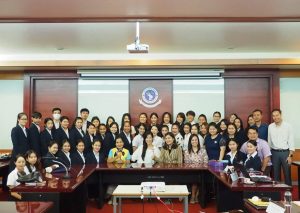
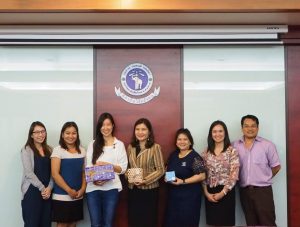
Research staff at the Center of Tourism Research & Development, Social Research Institute at CMU kindly helped organise the event and added a very warm welcome and hospitality. They invited CMU research staff and students as well as staff/students from other universities in Chiang Mai. Their promotional efforts attracted a big crowd!
Dr Choe passionately shared her research ideas, data collected from Chiang Mai, her observations and interpretations. Lively discussions including helpful feedback and questions from local academics and students made the session very interesting, productive and meaningful.
Dr Choe suggested that other Southeast Asian destinations can learn from Chiang Mai’s successful push for spiritual and sustainable tourism and the management programmes. For example, Luang Prabang in Laos has similar tourism attractions such as numbers of historically significant Buddhist temples. However, they do not offer meditation retreat/’monk chat’ programmes that Chiang Mai offers to ‘spiritual travellers’ in unique and effective ways. Dr Choe also emphasised the ASEAN’s regional cooperation for future tourism development.
Dr Choe and research staff at Social Research Institute and Dept of Tourism, Faculty of Humanities at CMU have started collaborating on a number of projects. Updates will be posted on the BU Research Blog, so stay tuned 🙂
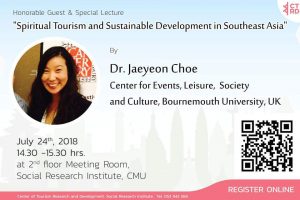



 Hai Luu (PhD student working with Prof Genoveva Esteban and Dr Iain Green in the Department of Life and Environmental Sciences, SciTech) travelled to her home country of Vietnam where she organised a seminar on microscopic life for 20 undergraduate students of the Aqua-Agriculture Faculty at Travinh University. Students collected samples from freshwater ponds, and observed the single-celled and other microscopic organisms that thrive in such habitats; they also studied their diversity in soil samples. Hai Luu gave a presentation about the diversity of organisms that constitute the unicellular protists, including micro-algae, protozoa, and slime molds. This event was a great opportunity for the students to recognise the biodiversity of micro-organisms in soils and fresh waters, and to understand the important role they play in food webs. The seminar was the first of its kind at Travinh University, and a unique opportunity to disseminate the research we do in this field at BU to a wider audience. Excellent feedback was received from the enthusiastic group of students.
Hai Luu (PhD student working with Prof Genoveva Esteban and Dr Iain Green in the Department of Life and Environmental Sciences, SciTech) travelled to her home country of Vietnam where she organised a seminar on microscopic life for 20 undergraduate students of the Aqua-Agriculture Faculty at Travinh University. Students collected samples from freshwater ponds, and observed the single-celled and other microscopic organisms that thrive in such habitats; they also studied their diversity in soil samples. Hai Luu gave a presentation about the diversity of organisms that constitute the unicellular protists, including micro-algae, protozoa, and slime molds. This event was a great opportunity for the students to recognise the biodiversity of micro-organisms in soils and fresh waters, and to understand the important role they play in food webs. The seminar was the first of its kind at Travinh University, and a unique opportunity to disseminate the research we do in this field at BU to a wider audience. Excellent feedback was received from the enthusiastic group of students.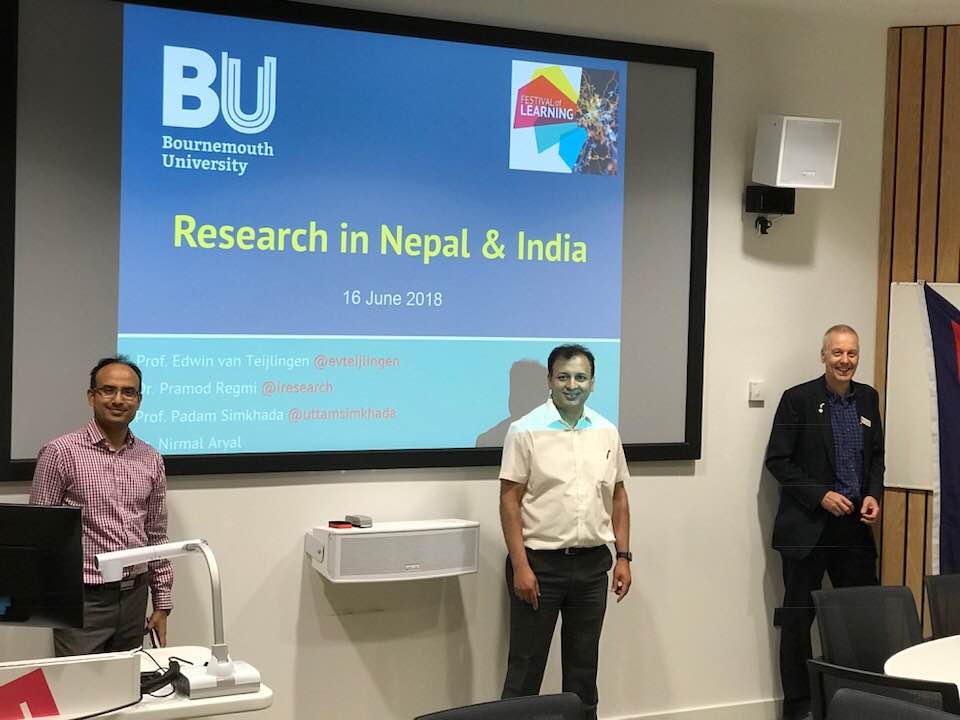


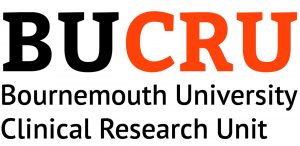

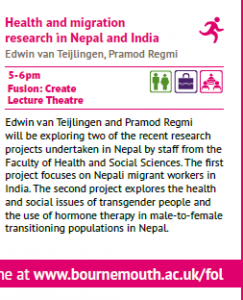
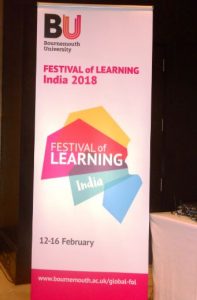
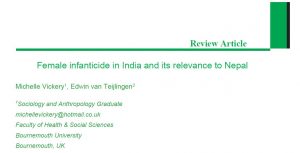
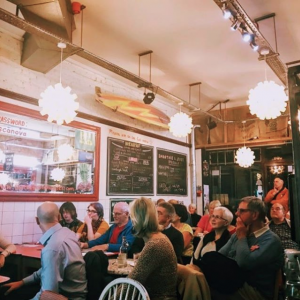

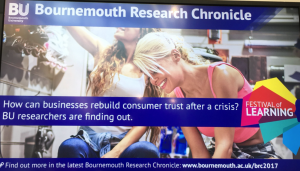 Trust Repair team has delivered a successful Festival of Learning 2017 event on 11 July titled
Trust Repair team has delivered a successful Festival of Learning 2017 event on 11 July titled 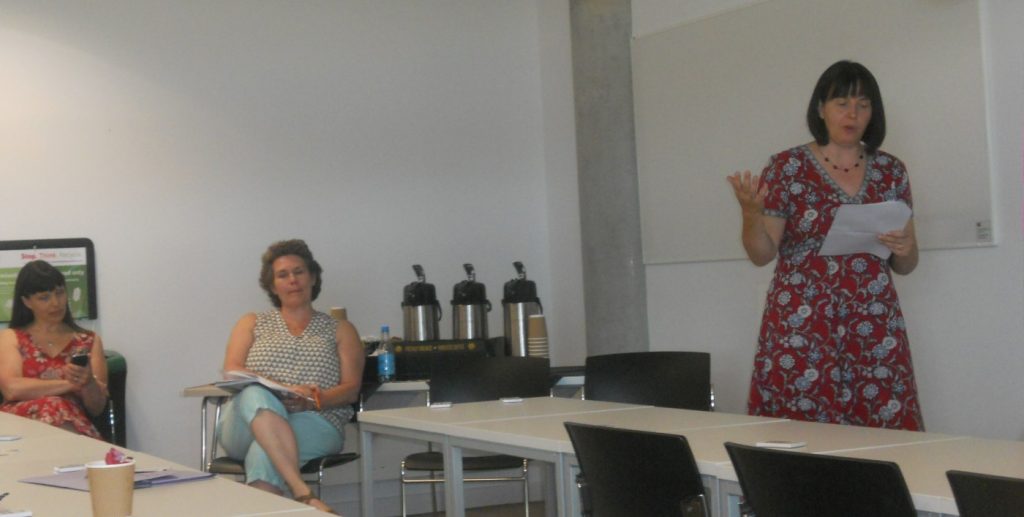

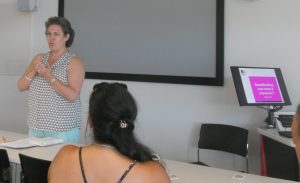













 Expand Your Impact: Collaboration and Networking Workshops for Researchers
Expand Your Impact: Collaboration and Networking Workshops for Researchers Visiting Prof. Sujan Marahatta presenting at BU
Visiting Prof. Sujan Marahatta presenting at BU 3C Event: Research Culture, Community & Can you Guess Who? Thursday 26 March 1-2pm
3C Event: Research Culture, Community & Can you Guess Who? Thursday 26 March 1-2pm UKCGE Recognised Research Supervision Programme: Deadline Approaching
UKCGE Recognised Research Supervision Programme: Deadline Approaching ECR Funding Open Call: Research Culture & Community Grant – Apply now
ECR Funding Open Call: Research Culture & Community Grant – Apply now ECR Funding Open Call: Research Culture & Community Grant – Application Deadline Friday 12 December
ECR Funding Open Call: Research Culture & Community Grant – Application Deadline Friday 12 December MSCA Postdoctoral Fellowships 2025 Call
MSCA Postdoctoral Fellowships 2025 Call ERC Advanced Grant 2025 Webinar
ERC Advanced Grant 2025 Webinar Update on UKRO services
Update on UKRO services European research project exploring use of ‘virtual twins’ to better manage metabolic associated fatty liver disease
European research project exploring use of ‘virtual twins’ to better manage metabolic associated fatty liver disease